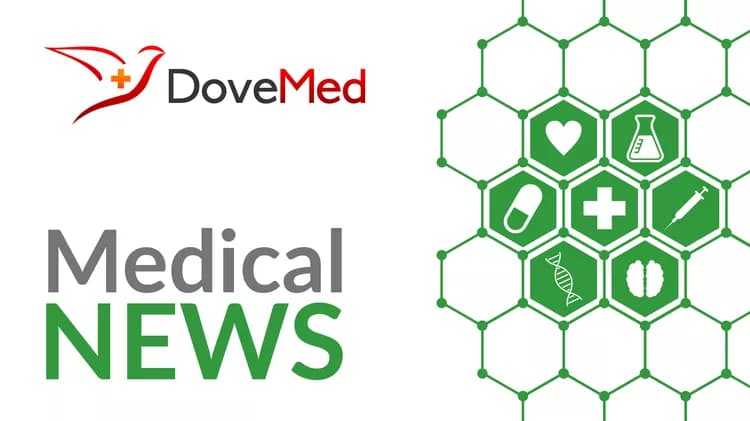
Little Research Available On The Long-Term Effects Of Tear Gas Use
University of Minnesota Medical School graduate students analyzed and summarized literature on the health effects of chemical demonstration control agents, such as tear gas, including the studies which informed existing exposure guidelines. Their study shows that, despite frequent use around the world, there have been few studies that look into the long-term health and environmental effects of tear gas exposure."Tear gas and other chemical demonstration control agents (DCAs) have long been used on the civilian population, even though they have been banned in warfare," said Jennifer Brown, lead author and a neuroscience graduate student at the U of M Medical School. "Most of the published research on these chemicals was done in the 1960s and 1970s and has not been updated, though the DCAs and their methods of deployment have continued to evolve. In our research, we gave special attention to repeated exposure or longitudinal studies, which might provide insight into the poorly understood long-term effects of these chemicals. "
Published in the journal Inhalation Toxicology, the study team found that:
the research used to determine the current acute exposure guideline levels for CS gas -- one common type of DCA -- were based on lethal dose experiments in animals;
the results from the animal lethal dose study were scaled up to humans using a non-exact formula;
the current exposure guidelines do not accurately recapitulate the circumstances of human exposures, which involve variables such as duration of exposure, the health status of the individual, previous exposure history and the variety of chemicals in both the DCAs and solvents; and,
the EPA identifies no exposure concentration at which the effects of CS gas could be considered as mild -- discomfort or non-disabling. The lowest exposure listed is already irreversible or serious, long-lasting effects or impaired ability to escape the gas.
"Conclusions that CS gas does not disproportionately affect vulnerable groups, such as those with asthma or high blood pressure, are based on studies that largely used exclusively male and very small sample groups that did not follow up any further than one week after exposure," Brown said. "Moreover, this conclusion ignores the finding that people with hypertension did, in fact, have a greater and prolonged increase in blood pressure compared to non-hypertensive subjects following CS exposure."
"Additionally, people with asthma experienced more severe chest symptoms immediately after exposure, and there are even reports of death as a result of the combination of asthma and DCA exposure," Brown added. "Since there is evidence that some symptoms can develop after a delay, failure to monitor past the acute exposure could lead to under-reporting of DCA health effects."
Brown and colleagues noted that the chemical DCAs used on civilians are poorly studied and poorly regulated, and more rigorous exposure follow-up is needed before they can be declared safe. In the meantime, the research team says increased regulatory scrutiny could decrease the risks to both individuals and the environment.
"We need to continue raising awareness about this issue and working to achieve improved oversight on both the use and manufacturing of these chemical weapons," Brown said.
More recent studies and case reports describe significant negative health effects that were either overlooked or not included in the design of earlier experiments. Some of these impacts included menstrual cycle disruption in women, negative effects on mental health and lingering respiratory problems. Additionally, more inclusive research is needed to parse the effects on different body systems and different demographic groups, including women, pregnant women, children and people with pre-existing conditions.
Related Articles
Test Your Knowledge
Asked by users
Related Centers
Related Specialties
Related Physicians
Related Procedures
Related Resources
Join DoveHubs
and connect with fellow professionals

0 Comments
Please log in to post a comment.